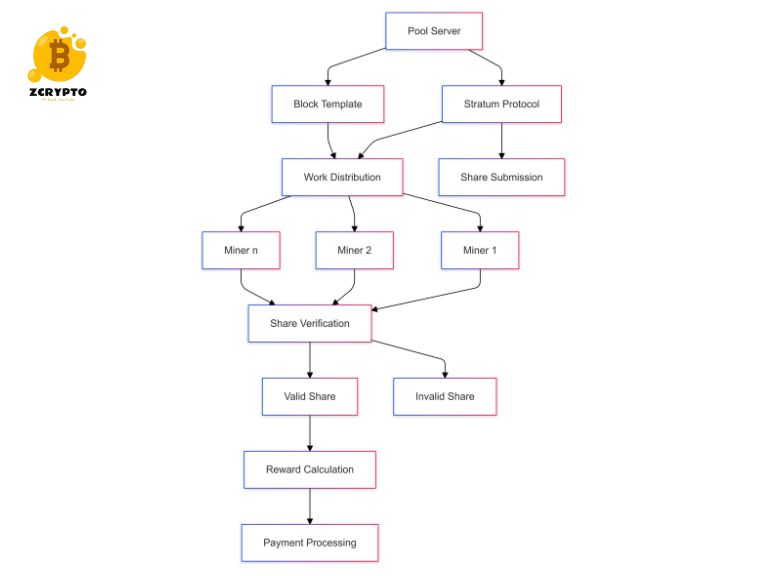Managing your credit card accounts is crucial for maintaining good financial health, but sometimes life can get in the way, and payments might be missed. A delinquent credit card account occurs when you fail to make a payment by the due date. Understanding what this means and how it affects your credit score is vital because it can have significant implications for your financial future. In this article, we will delve into what constitutes a delinquent credit card account, its impact on your credit score, the stages of delinquency, and most importantly, strategies for recovery.
- What is NFT Marketplace? – ZCrypto
- Expected Value: Definition, Formula, and Real-World Examples for Financial Decision-Making
- Unlock Global Investment Potential: A Comprehensive Guide to the MSCI EAFE Index
- How to Calculate and Interpret Funds From Operations (FFO) for REITs: A Comprehensive Guide
- What is NFT Finance? Market Mechanisms, Infrastructure, and Economic Impact
What is a Delinquent Credit Card Account?
A delinquent debt arises when you miss a payment by the due date. Initially, lenders may offer a grace period, during which they might send courtesy calls or impose late fees as a reminder to pay. However, if the payment remains unpaid after this period, typically around 30 days past due, the lender will report the delinquency to credit bureaus such as Equifax, Experian, or TransUnion.
Bạn đang xem: Understanding Delinquent Account Credit Cards: Impact on Credit Scores and Recovery Strategies
This reporting can lead to immediate consequences, including late fees and potential increases in your interest rate. It’s essential to address these issues promptly to avoid further complications.
Impact on Credit Scores
Missing payments on your credit card can significantly impact your credit scores. A single missed payment can drop your score by up to 100-125 points, depending on your initial score and other factors. The longer the delinquency persists, the more severe the impact. For instance:
-
30 days past due: The initial drop in score.
-
60 days past due: Further reduction in score.
-
90 days past due: Even more severe impact.
-
Xem thêm : What is ODL (On-Demand Liquidity)?
180 days past due: Maximum negative impact.
Delinquencies remain on your credit report for up to seven years from the original delinquency date, making timely payments crucial for maintaining a healthy credit profile.
Stages of Delinquency and Consequences
The stages of delinquency are marked by increasing severity and consequences:
30 Days Past Due
-
Initial late fees are applied.
-
The delinquency is reported to credit bureaus, affecting your credit score.
60 Days Past Due
-
Penalty APRs may be applied, increasing your interest rate.
-
Additional fees may be charged.
90 Days Past Due
-
The debt may be sent to collections, leading to frequent calls from collectors.
-
This stage further damages your credit score.
180 Days Past Due
-
The account may be charged off and closed.
-
There is a risk of legal action against you to recover the debt.
Each stage brings more severe financial and credit-related consequences, emphasizing the need for prompt action.
Recovery Strategies
Recovering from a delinquent account requires proactive steps:
Making Timely Payments
- Start by making all missed payments as soon as possible to reduce the ongoing impact on your credit score.
Negotiating with Creditors
- Reach out to your creditors to negotiate lower interest rates, reduced monthly payments, or waived late fees. This can help make payments more manageable.
Credit Counseling
- Consider seeking help from a credit counselor who can provide financial recovery strategies and budget management advice.
Disputing Errors
- Ensure there are no errors on your credit report that could be exacerbating the situation. Dispute any inaccuracies found.
By taking these steps, you can mitigate some of the damage caused by delinquency.
Rebuilding Credit After Delinquency
After experiencing delinquency, rebuilding your credit takes time and effort:
Secured Credit Cards
- Obtain secured credit cards designed for building or rebuilding credit. These cards require a security deposit but can help you establish a positive payment history.
Limiting Credit Use
- Avoid applying for new credit in the short term and limit your existing credit use. This helps prevent further damage to your score.
On-Time Payments
- Focus on establishing a strong history of on-time payments. This will gradually offset past delinquencies over time.
Consistency is key when rebuilding your credit profile.
Nguồn: https://earnestmoney.skin
Danh mục: Blog


















